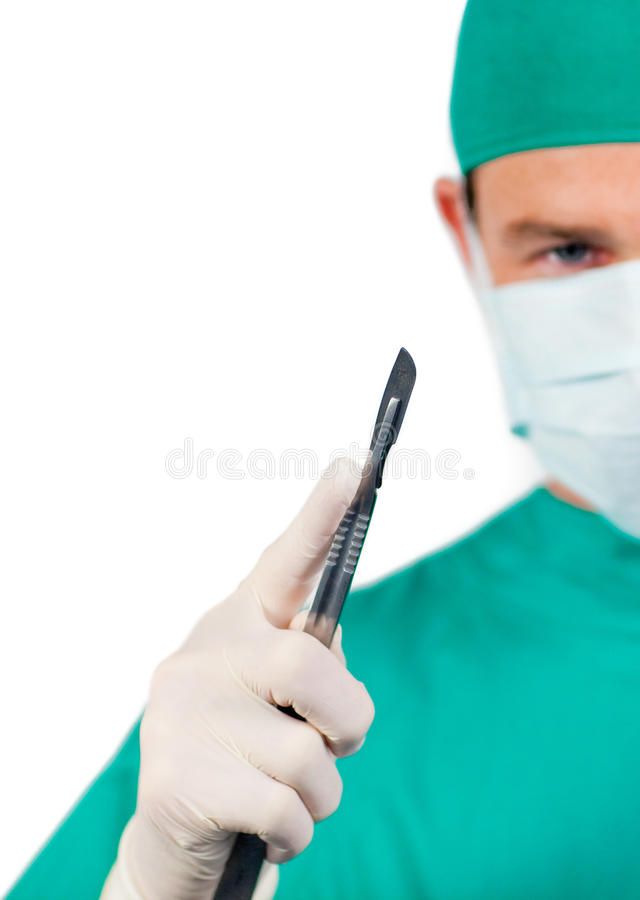The decision to pursue a career in medicine or engineering often leaves aspiring professionals at a crossroads. Within the biomedical landscape, two distinctly transformative pathways emerge: the surgeon, an architect of human restoration; and the biomedical engineer, a pioneer of innovative solutions. This discourse juxtaposes these two dynamic fields, inviting contemplation on the merits and motivations that underpin either vocation. The question persists: Should one embrace the scalpel or the silicon?
At the outset, one must recognize the intrinsic allure that both paths hold. Surgeons are often perceived as venerated figures, wielding the power to dramatically alter lives through their skillful interventions. Their craft is grounded in the intimate, tactile domain of human anatomy. A surgeon’s ability to navigate the intricacies of the body, diagnosing ailments and performing intricate procedures, speaks to a profound commitment to healing. This profession requires not only technical prowess but also an unparalleled capacity for empathy. The stakes are extraordinarily high; lives hang in the balance as surgeons engage in precise, life-saving operations.
Conversely, biomedical engineers find fascination in the amalgamation of medical knowledge and engineering principles. Their work epitomizes innovation, harnessing technology to address complex health problems. They design medical devices—from prosthetics to imaging equipment—that revolutionize patient care. The opportunity to pioneer new techniques and improve existing practices is a compelling impetus for many. Biomedical engineers operate in a realm that is both abstract and practical, employing advanced mathematics, materials science, and even biology to usher advancements into clinical settings. The thrill of contributing to groundbreaking research can be intoxicating for those with a penchant for creativity and analysis.
Within the surgical realm, one must also contemplate the training and education involved. Becoming a surgeon requires years of rigorous education, including undergraduate studies, medical school, and a residency program that can span anywhere from five to seven years, depending on the surgical specialty. This extensive commitment cultivates a well-rounded skill set but demands substantial personal sacrifice, often leaving little room for leisure or personal development during formative years.
In contrast, the pathway to becoming a biomedical engineer also necessitates dedication, albeit of a different nature. An undergraduate degree in biomedical engineering is typically followed by industry placements or internships, which can provide invaluable real-world experience. Many pursue graduate degrees to specialize further, which may enhance career prospects. While the educational requirements can be formidable, the timeline—especially if one opts for a bachelor’s degree—may feel more approachable compared to the lengthy surgical training.
It is essential to address the ongoing evolution of technology in both domains. Surgeons today frequently integrate advanced technologies such as robotics, virtual reality, and minimally invasive techniques into their practice. Innovation has not only amplified surgical capabilities but also transformed training methodologies, enabling aspirants to rehearse complex procedures in simulated environments before transitioning to live operations. This seamless melding of disciplines signifies a symbiotic relationship between surgery and engineering, wherein each field informs and enhances the other.
While contemplating these professions, one must also consider the lifestyle and practice environments in which each professional finds themselves. Surgeons often face grueling hours, emergency on-call duties, and the psychological burden of making life-and-death decisions. The profession can be immensely gratifying, yet it can also engender substantial stress and burnout. It is a life marked by variability, with some days characterized by the exhilaration of successful surgeries and others burdened by the weight of tragic outcomes.
Biomedical engineers, while also challenged by demanding timelines and project deadlines, often find themselves in a different environment. The balance between collaborative team efforts and solitary research provides an opportunity for intellectual engagement without the immediate pressure trailing life-or-death scenarios. While their work is equally impactful, the emotional toll may differ significantly from that experienced by surgical personnel. This distinction is notable for those assessing the long-term sustainability of their chosen career path.
In contemplating remuneration, both fields offer competitive salaries—though the specifics can vary considerably based on geographic location, area of specialization, and level of experience. Surgeons typically command higher salaries, reflecting the extensive training and high-stakes nature of their work. However, biomedical engineers also earn respectable wages, particularly as they gain experience and expertise in specialized areas, such as regulatory affairs or product development.
Ultimately, the decision between becoming a surgeon or a biomedical engineer hinges on nuanced personal aspirations and inclinations. Those drawn to the hands-on intricacies of human anatomy and the immediacy of patient interaction may gravitate towards surgery. In contrast, those captivated by the prospects of innovation and the application of engineering principles to solve pressing medical challenges may find their calling in biomedical engineering. The interplay between technology and medicine offers a wealth of possibilities, each veering into its own captivating domain.
Each profession embodies a distinct philosophical approach to health care. Surgeons embody the art of direct intervention, emphasizing the tangible skills to mend the human form. Biomedical engineers, however, represent the spirit of innovation, creating avenues through which future healthcare can be redefined. Choosing between scalpel and silicon inevitably requires introspection, a thoughtful consideration of one’s professional aspirations, the kind of working lifestyle desired, and the nature of impact one wishes to make on the world. The journey ahead is illustrious for both domains, reflecting the intricate tapestry of health care in our contemporary society.








